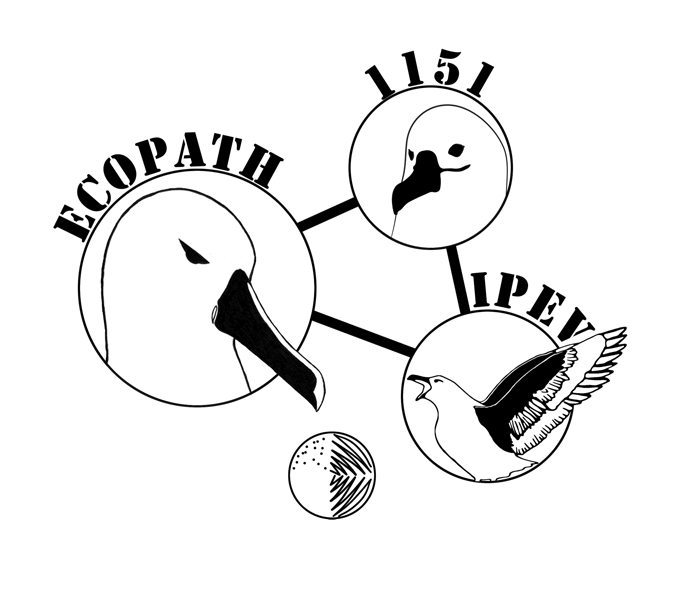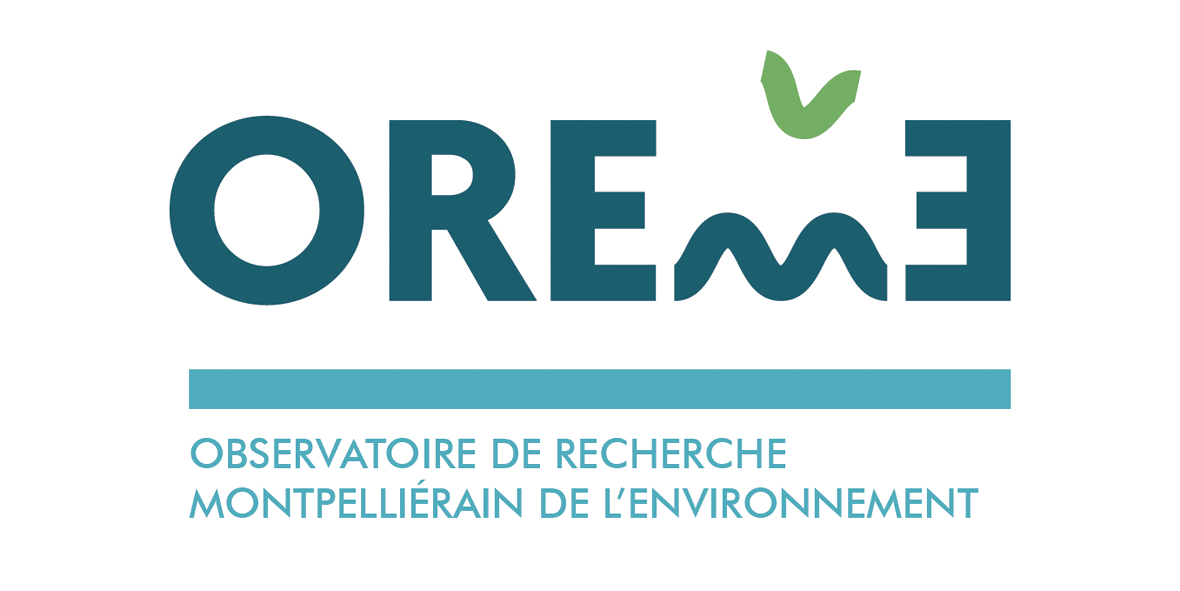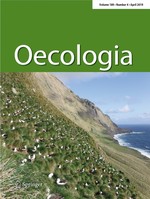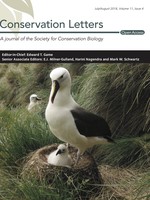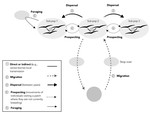Ecological drivers of epidemiological dynamics in colonial species
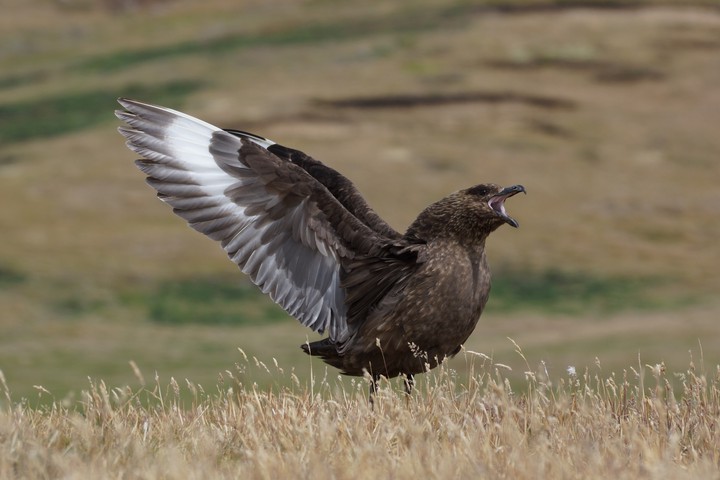 A brown skua on New Island (Southern Atlantic Ocean)
A brown skua on New Island (Southern Atlantic Ocean)
Colonial species — those forming colonies to breed, like bats, seabirds and seals — are particularly useful model to decipher the ecological processes driving epidemiological dynamics in wild populations. Indeed, in such species, the division of populations into spatially distinct colonies, and synchronous seasonal breeding allow us to define clear spatial and temporal replicates. By comparing dynamics across colonies — and potential manipulating environmental conditions across colonies — we can obtain more robust results than in non-replicated systems. I study the interactions between ecological and epidemiological dynamics in colonial species across oceanic islands.
In the context of the ECOPATH project (co-led with Thierry Boulinier, National Center for Scientific Research, France), my collaborators and I study the dynamics of infectious agents in seabirds and marine mammals of subantarctic islands. In particular, we investigate the causes and consequences of recurrent avian cholera outbreaks in albatrosses and penguins on Amsterdam Island. In collaboration with conservation partners, we work at identifying mitigation measured against pathogens threatening endangered seabird populations.
Main Collaborators
- Thierry Boulinier, National Center for Scientific Research, France
- Hubert Gantelet, Ceva Biovac, France
- Nicolas Keck, Hérault Departmental Veterinary Laboratory, France
- Christophe Barbraud, National Center for Scientific Research, France
- Henri Weimerskirch, National Center for Scientific Research, France
- Célia Lesage, National Nature Reserve of the French Southern Lands, France
- Paulo Catry, Marine and Environmental Sciences Centre, Portugal
- Antje Steinfurth, Royal Society for the Protection of Birds, UK
Field Sites
Main Funders
